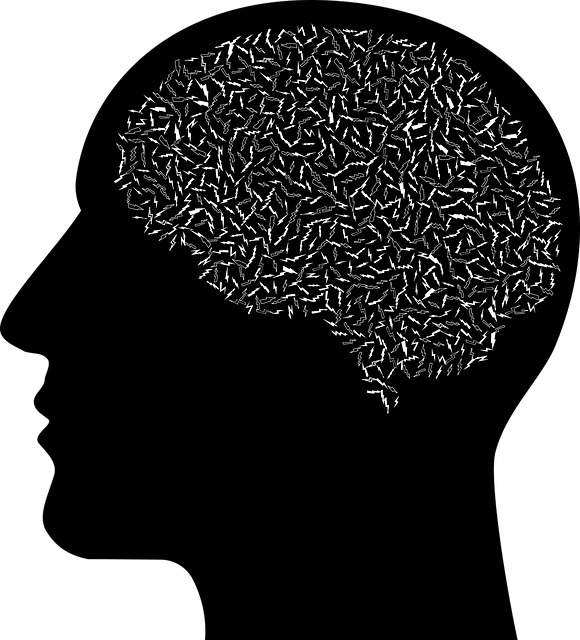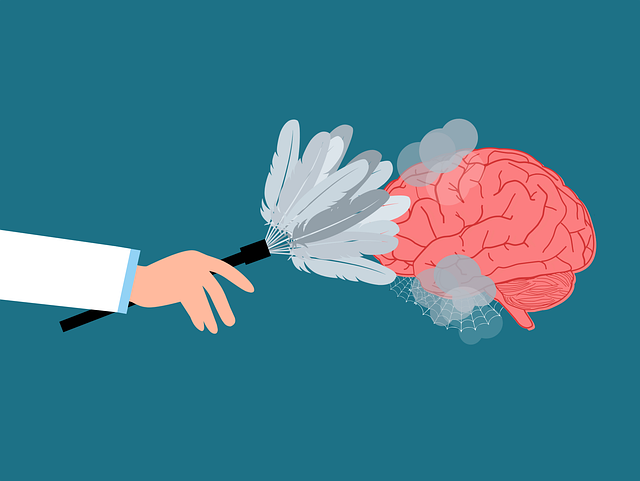Louisville Alcohol Abuse Therapy emphasizes a thorough diagnosis process for mental illnesses, including substance use disorders, using multi-faceted assessment tools. Their personalized treatment plans combine evidence-based therapies like CBT with community support (e.g., AA) and holistic practices to address biological, psychological, and social aspects of recovery. Through tailored self-care routines and professional well-being assessments, patients gain resilience and tools for improved mental wellness, ultimately fostering more fulfilling lives.
Mental illness diagnoses can be complex, but navigating treatment options is a crucial step towards recovery. This article guides you through understanding mental health conditions and the diagnosis process. We delve into navigating Louisville Alcohol Abuse Therapy, offering insights on available treatments and resources specifically tailored to this region. Additionally, we provide strategies for supporting your journey towards healing, emphasizing the importance of resources in facilitating effective recovery.
- Understanding Mental Illness Diagnoses: Unveiling the Process
- Navigating Treatment Options: A Guide for Louisville Alcohol Abuse Therapy
- Supporting Your Journey: Resources and Strategies for Effective Recovery
Understanding Mental Illness Diagnoses: Unveiling the Process

Understanding Mental Illness Diagnoses: Unveiling the Process
Navigating mental illness diagnoses can be a complex and often confusing journey for many individuals. It involves a series of steps designed to accurately identify and understand the unique challenges one is facing. Professionals in Louisville Alcohol Abuse Therapy employ various assessment tools, including detailed interviews, questionnaires, and psychological tests, to gather comprehensive information about symptoms, duration, and impact on daily life. This process allows them to differentiate between different mental health conditions, such as anxiety, depression, or substance use disorders.
The diagnosis itself is not a straightforward label but rather a multi-faceted evaluation that considers biological, psychological, and social factors. Once a proper diagnosis is established, it paves the way for tailored treatment plans, which may include therapy options like Mental Wellness Journaling Exercise Guidance, Anxiety Relief techniques, or enrolling in Mental Wellness Coaching Programs Development to foster long-term mental wellness.
Navigating Treatment Options: A Guide for Louisville Alcohol Abuse Therapy

Navigating treatment options for Louisville Alcohol Abuse Therapy can seem like a daunting task, but with the right guidance, it becomes a journey toward recovery. The first step involves understanding various therapeutic approaches tailored to address alcohol abuse. Cognitive Behavioral Therapy (CBT), for instance, helps individuals identify and change negative thought patterns and behaviors related to drinking. This evidence-based method has shown remarkable success in helping folks manage their addiction.
Public awareness campaigns development and compassion cultivation practices also play a significant role in supporting those struggling with alcohol abuse. Support groups, like Alcoholics Anonymous (AA), offer a sense of community and understanding, fostering connections that encourage continued sobriety. Integrating self-care practices into daily routines can further strengthen one’s resilience against alcohol abuse, emphasizing the importance of holistic treatment approaches in Louisville Alcohol Abuse Therapy.
Supporting Your Journey: Resources and Strategies for Effective Recovery

Navigating the path to recovery from mental illness can be challenging, but with the right resources and strategies, healing becomes more accessible. At Louisville Alcohol Abuse Therapy, we understand that each individual’s journey is unique, and thus, our approach to treatment is tailored to personal needs. One effective tool in this process is Self-Care Routine Development for Better Mental Health, which involves creating structured daily practices focused on well-being. This may include activities like meditation, exercise, journaling, or engaging in hobbies that foster a sense of calm and contentment.
Building a robust self-care routine enhances resilience, improves coping mechanisms, and boosts confidence. Additionally, professionals in the mental health field must prioritize their own well-being to provide optimal care. A Risk Assessment for Mental Health Professionals is crucial to ensure they have the tools and support needed to manage potential risks and challenges in their practice, thereby enhancing patient outcomes. By integrating these strategies into daily life, individuals can empower themselves on their path to recovery and lead more fulfilling lives.
Mental illness diagnosis and treatment can be complex, but with the right guidance, recovery is achievable. In Louisville, individuals struggling with alcohol abuse have access to specialized support through Louisville Alcohol Abuse Therapy. By understanding the diagnostic process and exploring various treatment options, one can navigate their journey towards healing. The resources and strategies outlined in this article empower folks to take control, making informed decisions about their mental health care. Remember, seeking help is a sign of strength, and with the right assistance, lasting recovery is within reach.














